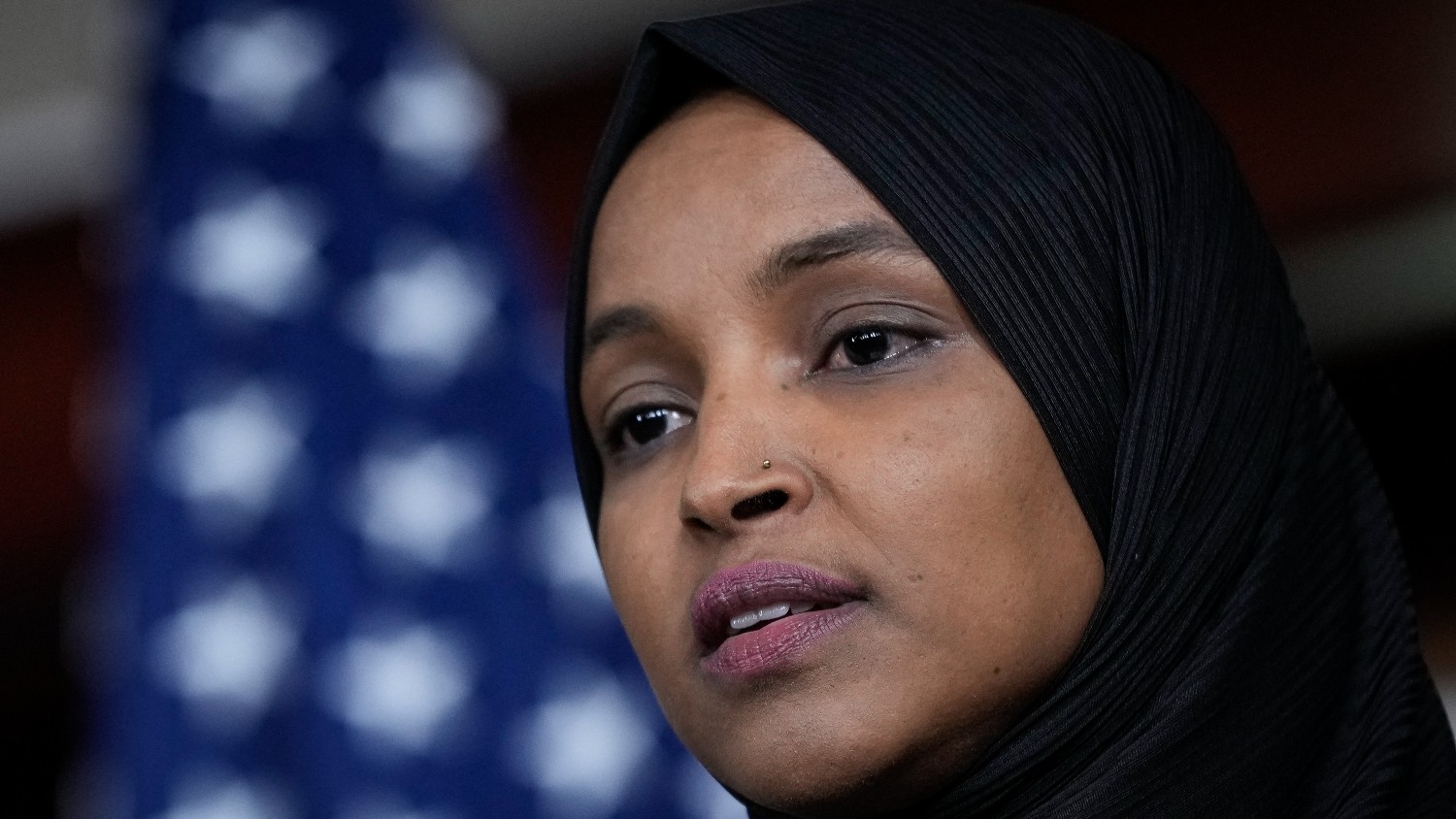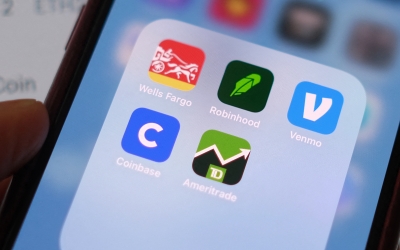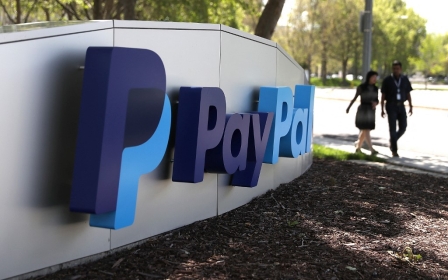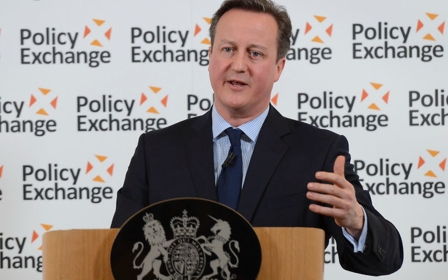US lawmakers demand banking regulators address discrimination against Muslims

US Congresswoman Ilhan Omar and Senator Elizabeth Warren are leading an effort to urge American banking regulators to reassess policies that discriminate against Muslim Americans and immigrant communities.
The two lawmakers, along with Senator Ed Markey and congresswomen Rashida Tlaib and Joyce Beatty, spearheaded a letter addressed to Treasury Secretary Janet Yellen and several other banking regulator heads, urging them to "modernise sanctions policies" and promote equal banking access for Muslims.
"Countless US individuals, businesses, and charities have been victims of discriminatory policies and practices that appear to limit their access to financial services because of their religion or national origin," reads the letter, which was sent last week.
"Many Muslim and Arab, Middle Eastern and South Asian Americans, simply because of their connections - real or perceived - have been systematically cut off from financial services."
Sending money abroad or even raising money for charities has been difficult for some Muslims in the United States due to US sanctions laws.
And with the rise of mobile payment apps including Venmo, payments or transactions within the US have been flagged for using words like "Palestine".
Last year, several people told MEE that their payments on Venmo - donations to charitable causes for Palestine - were being restricted if the payments had any combination of the words "Palestinian" or "Palestine" alongside the phrase "relief fund".
In the aftermath of the 9/11 attacks and the subsequent US-led "war on terror", several Muslim charities were shut down by the Treasury Department.
"In some cases, the US government has smeared the reputations of Muslim charities, Muslim community organizations, and associates of Muslim charities without affording these organizations and individuals their day in court or any other opportunity to clear their names," the American Civil Liberties Union said in a 2009 report.
The 2001 passage of the Patriot Act also led to a change in a US banking law, known as the Bank Secrecy Act, and required banks and other financial institutions to monitor accounts for suspicious activity.
"Banking as a charity/nonprofit and ‘banking while Muslim’ are not illegal and must stop being treated as such," lawmakers wrote in their letter.
"As elected officials, it is our responsibility to amplify the voices of our constituents who feel powerless in the face of big banks and unaccountable regulators."
The law has frequently been interpreted in a way that has led to the profiling and targeting of Muslims and other individuals from predominantly Arab, Middle Eastern, and South Asian communities.
Venmo, which PayPal owns, argues that it flags transactions based on a policy that stipulates they must comply with sanctions imposed by the Treasury Department's Office of Foreign Assets Control.
But Muslims have pointed out that the company doesn't only flag the name of countries targeted by sanctions. In 2019, a woman in Brooklyn said her transaction was flagged for review for using the word "al-Aqsa", which was the name of the Bangladeshi restaurant she had eaten at with friends.
In 2020, a woman in Chicago said her transaction on Venmo was flagged for using "Ameen" in her description.
The letter from the lawmakers calls on the banking heads to say what corrective measures will be put in place and asks for a response within 30 days.
Middle East Eye delivers independent and unrivalled coverage and analysis of the Middle East, North Africa and beyond. To learn more about republishing this content and the associated fees, please fill out this form. More about MEE can be found here.





